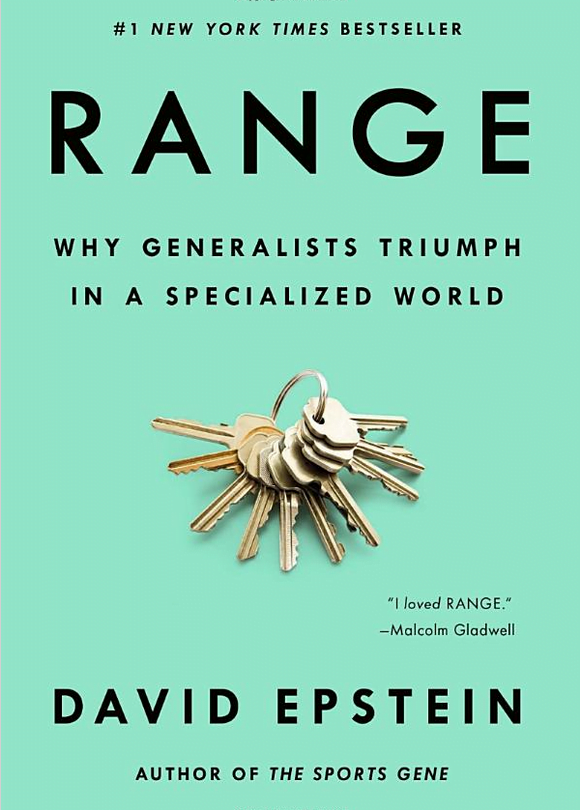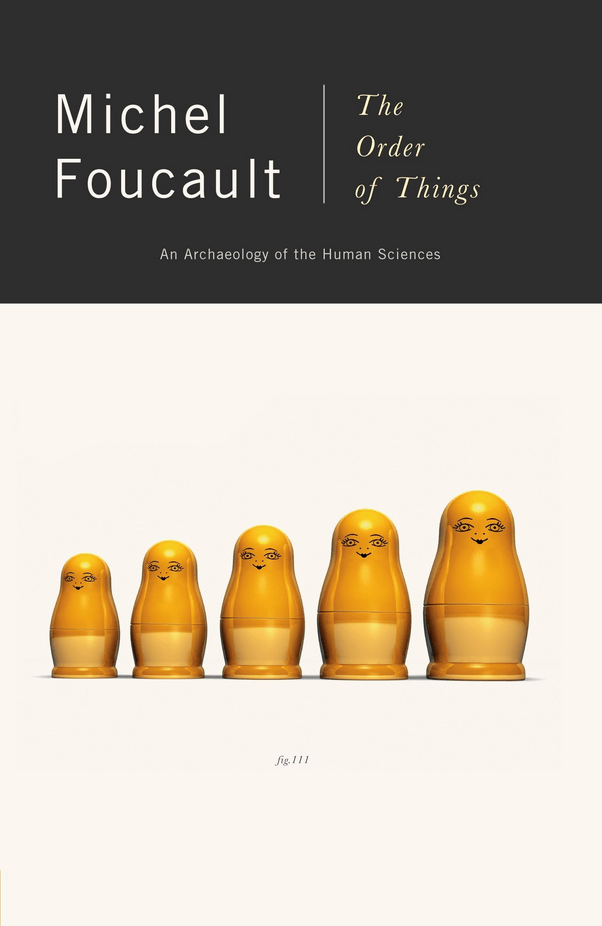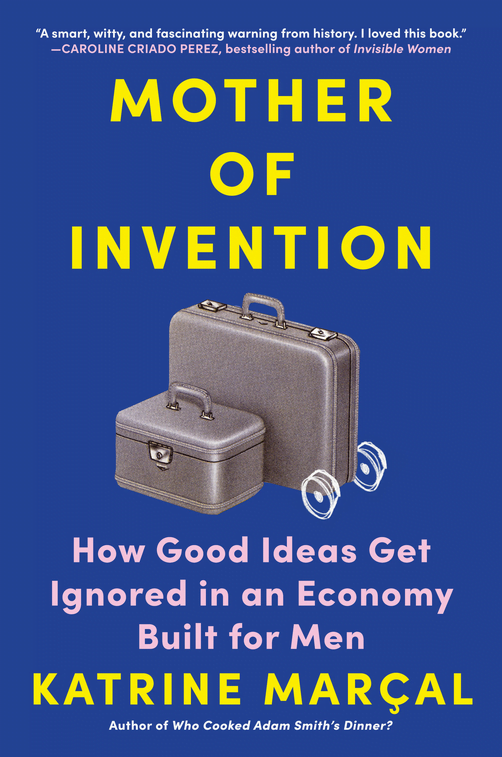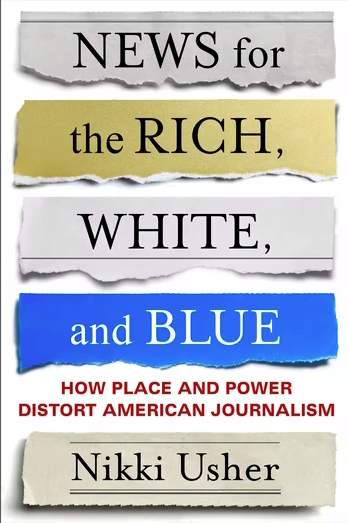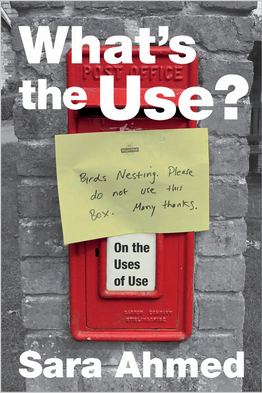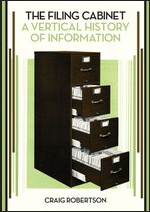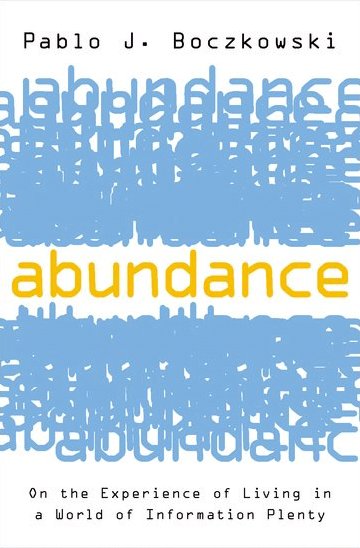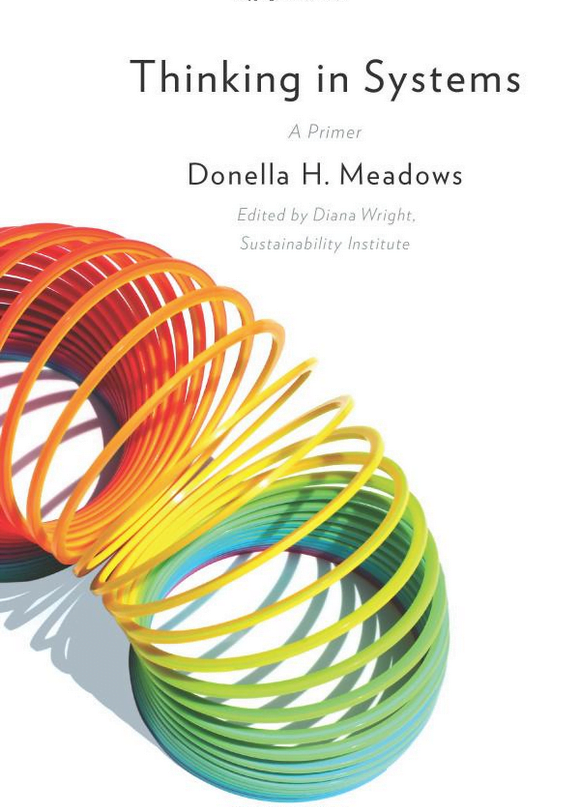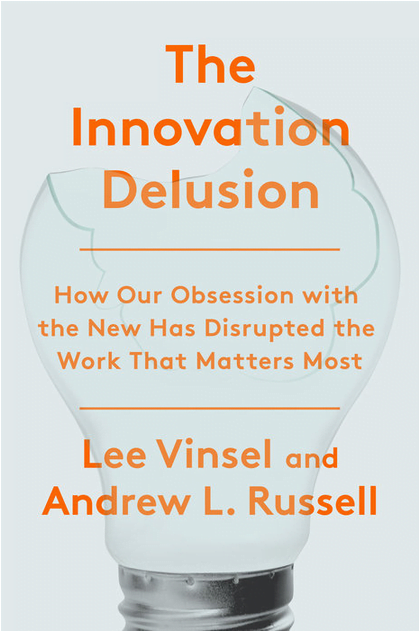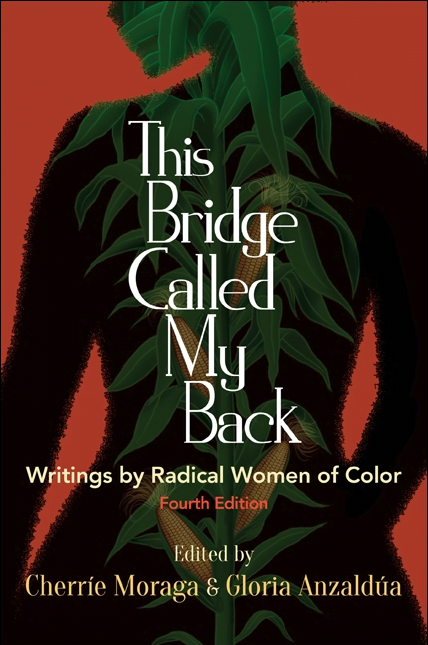It is easy to find suggested reading lists for product managers. The collections often have the words “Product Management” repeated ad infinitum in the titles. But often the more interesting and useful reads for the profession are not about us or for us specifically.
So, I don’t have 10 ‘new’ product management books to recommend from 2021 – or even 10 books about product management. My list consists of titles I discovered and read in the past year – some are newly published, about half are not. But most would not show up in the typical Google search for “how to be a good product manager.” In some cases I enjoyed the book for its overall vision or a specific chapter or two may have been most relevant. Your mileage may vary so my descriptions below highlight either my best attempt at a summary or a sample of what brought me to the book originally.
The common theme is an attempt to better understand how we might more ethically and inclusively operate our news organizations in the digital economy. How do we know things? How do we work across disciplines to solve problems? How do we think about the business of news? And how do we go about identifying and building products and services with and for our readers?
In roughly the order I found them, starting with the most recent:
Range – Why Generalists Triumph in a Specialized World
David Epstein – 2021
A new book that leans occasionally into over-simplification for a general audience but includes many discussions product managers will strongly identify with. Epstein’s thesis: specialization in skills/interests is contraindicated in today’s world which requires us to understand and solve problems within very complex systems that cross domains.
The Order of Things – An Archaeology of the Human Sciences
Michel Foucault – 1966
A book about the history of how we create knowledge. There is no way can I summarize it effectively, but I originally came across the preface online:
“This book first arose out of a passage in [Jorge Luis] Borges, out of the laughter that shattered, as I read the passage, all the familiar landmarks of my thought—our thought that bears the stamp of our age and our geography—breaking up all the ordered surfaces and all the planes with which we are accustomed to tame the wild profusion of existing things, and continuing long afterwards to disturb and threaten with collapse our age-old distinction between the Same and the Other. This passage quotes a ‘certain Chinese encyclopaedia’ in which it is written that ‘animals are divided into: (a) belonging to the Emperor, (b) embalmed, (c) tame, (d) suckling pigs, (e) sirens, (f) fabulous, (g) stray dogs, (h) included in the present classification, (i) frenzied, (j) innumerable, (k) drawn with a very fine camelhair brush, (l) et cetera, (m) having just broken the water pitcher, (n) that from a long way off look like flies’. In the wonderment of this taxonomy, the thing we apprehend in one great leap, the thing that, by means of the fable, is demonstrated as the exotic charm of another system of thought, is the limitation of our own, the stark impossibility of thinking that.”
Mother of Invention – How Good Ideas Get Ignored in an Economy Built for Men
Katrine Marçal – 2020
The subtitle tells the story. And the opening chapter-long example about wheeled suitcases is a fantastic discussion of the way power dynamics influence how innovations are commercialized and adopted (or not) and how the myth of innovation is often different from the reality of creation.
News for the Rich, White and Blue – How Place and Power Distort American Journalism
Nikki Usher – 2021
Usher addresses the growing “few take all” economy for news and warns that “placeless” national and international news outlets like the New York Times are winning the battle for sustainability but at the cost of over-serving rich, white, coastal audiences to the detriment of non-metro newsrooms serving local communities.
What’s the Use? – On the Uses of Use
Sara Ahmed – 2019
A genealogy of “use” and a discussion of utilitarianism, constructivism and an accessible introduction to phenomenology. Ahmed considers how objects and ideas are shaped by the system of values in which they are created, and vice-versa. The text is not light reading but is thought-provoking for people creating products and services and will resonate with fans of Norman’s more approachable The Design of Everyday Things.
The Filing Cabinet – A Vertical History of Information
Craig Robertson – 2021
Yes – a history of the filing cabinet. And another great placement of an innovation in the context of society and how this artifact of the information age changed business, redesigned office space and was used to reinforce gender norms in the workplace.
Abundance – On the Experience of Living in a World of Information Plenty
Pablo J. Boczkowski – 2021
Understanding the disruption driven by the attention economy – the shift from information scarcity to abundance is key to making sense of today’s digital media. Boczkowski studies the tension between academic theories of communication and the reality of the flood of personal devices, always-on connectivity and the resulting pressure on news as a process of shared understanding.
Thinking in Systems: A Primer
Donella Meadows – 2008
The best introduction to systems thinking for news product managers – regardless of your familiarity with the practice. Meadows takes a pragmatic approach to holistic thinking, applying the tools to best understand and solve problems within an organization seeking profit or sustainability.
The Innovation Delusion – How Our Obsession with the New Has Disrupted the Work That Matters Most
Lee Vinsel & Andrew Russell – 2020
A timely corrective to the cult of innovation that has (according to the authors – and I generally agree) “proven a disaster” as it fetishizes change at all costs and ignores the slow and steady creation and maintenance of infrastructure that is required for a more sustainable and equitable economy.
This Bridge Called my Back: Writings by Radical Women of Color
edited by Cherríe Moraga & Gloria Anzaldúa – 1981
This anthology includes the classic essay by Audre Lorde “The Master’s Tools Will Never Dismantle the Master’s house” which, in the context of thinking about product management would lead us to think more deeply as a profession about who we listen and talk to when trying to effect positive change in our organizations and communities. You can’t challenge the status quo using the same approaches that built the systems we are already working within.
